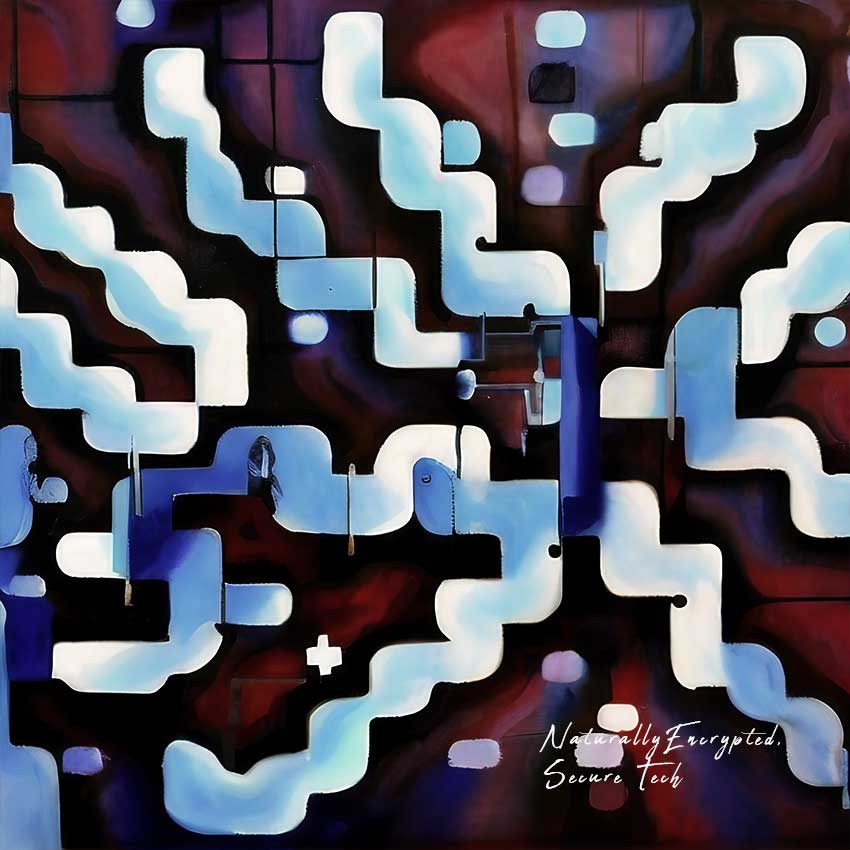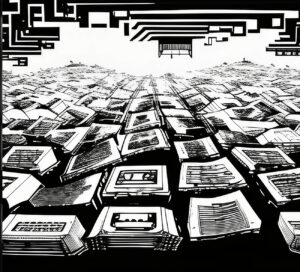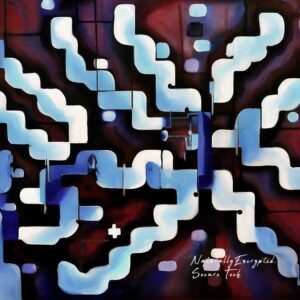Dynamic NFTs and Why They Matter
When it comes to digital assets, non-fungible tokens or NFTs are a true game-changer. These unique digital assets are recorded on the blockchain as permanent, unalterable records. However, don’t be fooled into thinking that NFTs are simply static and unchanging. In fact, a fascinating type of NFT exists that can evolve over time, thanks to programmable features coded by developers. Known as dynamic NFTs or living NFTs, this new genre is transforming the world of digital ownership, offering endless possibilities for creativity and innovation.
So, buckle up and join us as we explore the captivating world of dynamic NFTs and unlock their secrets.
What are Dynamic NFTs?
Picture this: you’re a collector of rare digital assets, and you’ve just added a one-of-a-kind artwork to your collection in the form of an NFT. But what if that NFT could do more than just sit there, static and unchanging? What if it could evolve and transform based on external factors, becoming a dynamic representation of your digital ownership?
Enter the dynamic NFT, the “living NFT” that can adapt and shift based on specific triggers or conditions. Unlike their static counterparts, dynamic NFTs are not just a snapshot of a digital asset frozen in time. They can respond to events, achievements, and milestones, making them a truly unique and interactive form of digital ownership.
For instance, imagine you’re a gamer who has just acquired an NFT avatar. With a dynamic NFT, that avatar could change its appearance based on your in-game accomplishments, evolving and growing as you progress through the levels. Or, consider a music NFT that unlocks exclusive content or experiences after a certain number of listens or shares. The possibilities for dynamic NFTs are truly endless, and as the technology continues to evolve, we can expect even more innovative and exciting use cases to emerge.
Smart contract technology is the driving force behind the dynamic NFTs, enabling the encoding of complex rules and logic within the token itself. This means that the token can react and respond to a wide range of inputs and events, creating a highly personalized and interactive experience for the owner.
Examples of Dynamic NFTs
- Rarible: Rarible is an NFT marketplace that allows users to create and sell their own dynamic NFTs. One example of a dynamic NFT on Rarible is the “time-locked” NFT, which can be programmed to unlock new content or features at specific dates or times. For instance, a musician could release a time-locked NFT that unlocks a new track on the anniversary of their album’s release.
- CryptoKitties: One of the earliest examples of dynamic NFTs, CryptoKitties are collectible digital cats that are represented as NFTs on the Ethereum blockchain. Each CryptoKitty has a unique set of attributes that can be bred and combined with other CryptoKitties to create new and even more rare kitties. The breeding process is determined by smart contracts, which govern the genetic traits and rarity of each cat.
- LaMelo Ball’s digital collectibles: As a rising star in the National Basketball Association, Ball has gone beyond traditional trading cards and created NFTs that are anything but static. These dynamic tokens incorporate on-chain sports data and can transform depending on the outcome of a game or season.
For example, imagine owning an NFT avatar that evolves as Ball racks up points throughout the season. As he hits milestones, your NFT could change in appearance to reflect his achievements, making it a true reflection of his performance on the court. And if you’re lucky enough to own the Gold Evolve NFT, you’ll witness an even more dramatic transformation if Ball wins Rookie of the Year. Sure enough, Ball took home the award in the 2021 NBA season, and his NFT evolved into a new image, making it a highly sought-after piece of digital sports memorabilia.
These are just a few examples of the many different types of dynamic NFTs that exist today. As the technology continues to evolve and new use cases emerge, we can expect to see even more innovative and creative applications of dynamic NFTs in the future.
Why Do Dynamic NFTs Matter?
These dynamic tokens are capturing the attention of investors and collectors alike, and for good reason. From unlocking new levels of interactivity to adding an element of unpredictability, dynamic NFTs are pushing the boundaries of what is possible with digital ownership. But why do they matter?
Increased Flexibility and Utility
Dynamic NFTs are breaking free from the static limitations of traditional NFTs, creating new opportunities for creators and investors alike. By allowing NFTs to be programmed to change over time, dynamic NFTs offer a greater degree of flexibility and utility compared to traditional static NFTs. This opens up new possibilities for use cases, such as in gaming or virtual worlds, where dynamic assets can be used to create more immersive and engaging experiences.
Enhanced Collectibility
The dynamic nature of these tokens can also make them more valuable and collectible, as they offer a level of uniqueness and customization that is not available with static NFTs. This creates new opportunities for creators and collectors to generate and capture value.
Improved Interactivity
By enabling tokens to respond and react to different events and inputs, dynamic NFTs creates new forms of interaction and engagement between users and the underlying assets. This leads to new forms of social interaction, community building, and even collaborative creation.
Future-proofing
Dynamic NFTs are also designed to be future-proof, allowing them to remain relevant and valuable over time. This is especially important in fast-moving industries like gaming and entertainment, where user expectations and technology are constantly evolving.
Final Thoughts
Dynamic NFTs represent an exciting development in the world of blockchain and digital art. By allowing for ongoing changes and interactions with their environments, dynamic NFTs offer creators and collectors alike new avenues for expression and engagement. They also have the potential to revolutionize industries beyond art, such as gaming, fashion, and more. As this technology continues to evolve, we can expect to see even more creative uses and innovative applications of dynamic NFTs. The possibilities are truly endless, and it will be fascinating to see where this new frontier of digital ownership and creation takes us.






